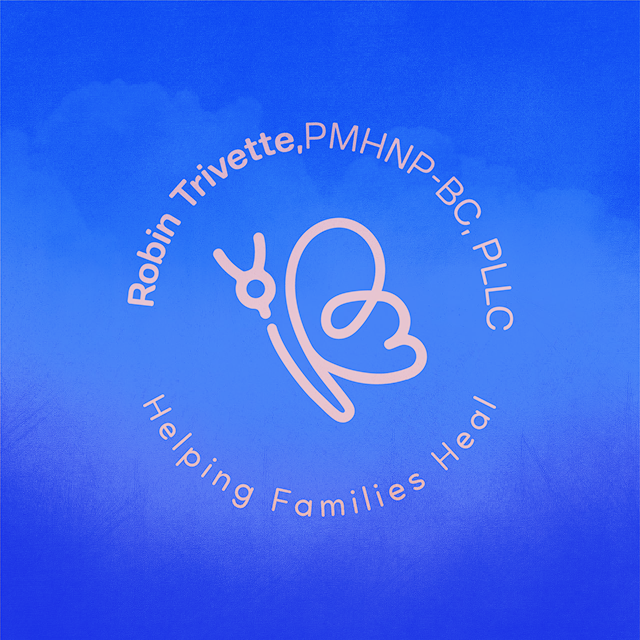Cracking the Code of ADHD Procrastination: Unveiling the Keys to Getting Things Done

ADHD, a condition characterized by challenges in concentration, distractibility, and impulsivity, casts a shadow over motivation, an aspect often overlooked but integral to understanding the disorder. Individuals with ADHD may find themselves locked in a struggle to comprehend their own inertia, battling misconceptions of laziness while grappling with disrupted dopamine reward pathways in the brain. Despite commonly associating ADHD with childhood, its impact persists into adulthood, manifesting in a myriad of challenges across various domains of life, from professional endeavors to personal aspirations. Procrastination emerges as a formidable opponent, wielding considerable influence over daily functioning and overall well-being.
So, why does procrastination wield a stronger grip on those with ADHD? The answer, in part, lies in the intricate web of dopamine pathways within the brain. Dopamine, often hailed as the brain's "feel-good" chemical, orchestrates motivation, reward processing, and executive functions crucial for planning and decision-making.
In neurotypical individuals, dopamine serves as a reinforcement mechanism, incentivizing behaviors that lead to rewards. Task completion or goal achievement triggers dopamine release, fostering a sense of satisfaction and motivating repeated engagement. However, in the ADHD brain, this dopamine system may falter.
Research indicates disparities in dopamine regulation and receptor activity among individuals with ADHD, impairing the brain's ability to produce and utilize dopamine effectively. Consequently, tasks devoid of immediate rewards become arduous to initiate and sustain.
Furthermore, the underactivity of the prefrontal cortex, responsible for executive functions like impulse control and planning, compounds procrastination tendencies. The struggle to organize thoughts and prioritize tasks amplifies the cycle of procrastination and stress.
Moreover, individuals with ADHD grapple with "time blindness," skewing their perception of time and complicating task estimation and planning. This distorted temporal lens fuels procrastination, as deadlines blur and tasks balloon beyond manageable proportions.
The role of dopamine pathways in ADHD procrastination is multifaceted. Dysregulation impedes sustained motivation, while deficits in executive functions hinder task initiation and prioritization. Medication, such as stimulants, offers relief by bolstering dopamine levels in frontal brain regions associated with motivation.
Nevertheless, a holistic approach to managing ADHD procrastination extends beyond or in addition to medication. Behavioral strategies, leveraging external cues, rewards, and support systems, emerge as potent tools. Techniques like the Pomodoro Method and environmental changes inject novelty and structure, nurturing focus and productivity.
In conclusion, decoding the ADHD procrastination enigma unveils the intricate interplay of dopamine pathways and executive functions. By understanding these mechanisms and embracing a multifaceted approach to management, individuals with ADHD can navigate the labyrinth of procrastination and embark on a path towards enhanced productivity and well-being.


Echoes of Pain: Taylor Swift's 'My Tears Ricochet' and the Lingering Wounds of Hurtful Relationships
OUR LOCATION
HOURS
- Monday
- -
- Tue - Thu
- -
- Friday
- -
- Saturday
- Appointment Only
- Sunday
- Closed
*Saturday schedule is only by request - limited slots only
CONTACT US
Robin Trivette, PMHNP-BC, PLLC
Robin Trivette, MSN-Ed., PMHNP-BC
Phone: 919-297-8438
Robin@durhampsychiatricservices.com
Brittany Trivette, CPC, RMA
Office Manager/Biller
brittanytrivette@durhampsychiatricservices.com
Phone:
(919) 780-4543
Fax: (919) 882-0901









Share On: